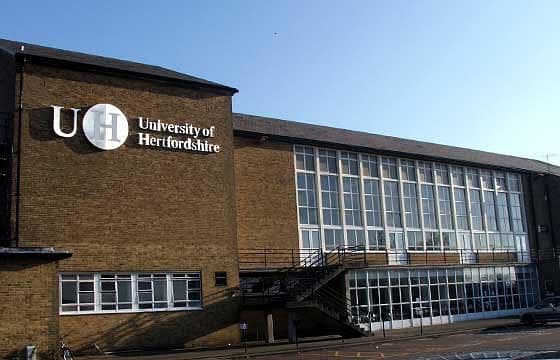BSc (Hons) Biological Science at University of Hertfordshire
Hatfield, United Kingdom
- Tuition Fee £ 15,500
- Country Rank-
- Duration36 Months
- Score IELTS: 6 TOEFL: 72
Program Overview
Interested in the biological phenomena of life? Intrigued by the functions of microorganisms, plants, human beings, and other animals? If your answer is ‘yes’, then we need you in the world of Biological Science. Gain the technical, analytical and practical skills for examining molecular and cellular processes present in all living organisms.
Cost Of Studying At University of Hertfordshire
Interest rates as low as 8.9% *
250K+
Students Assisted
800Cr+
Loan Amount Disbursed
5000+
Loans Sanctioned
Check Loan Eligibility
Powered by
